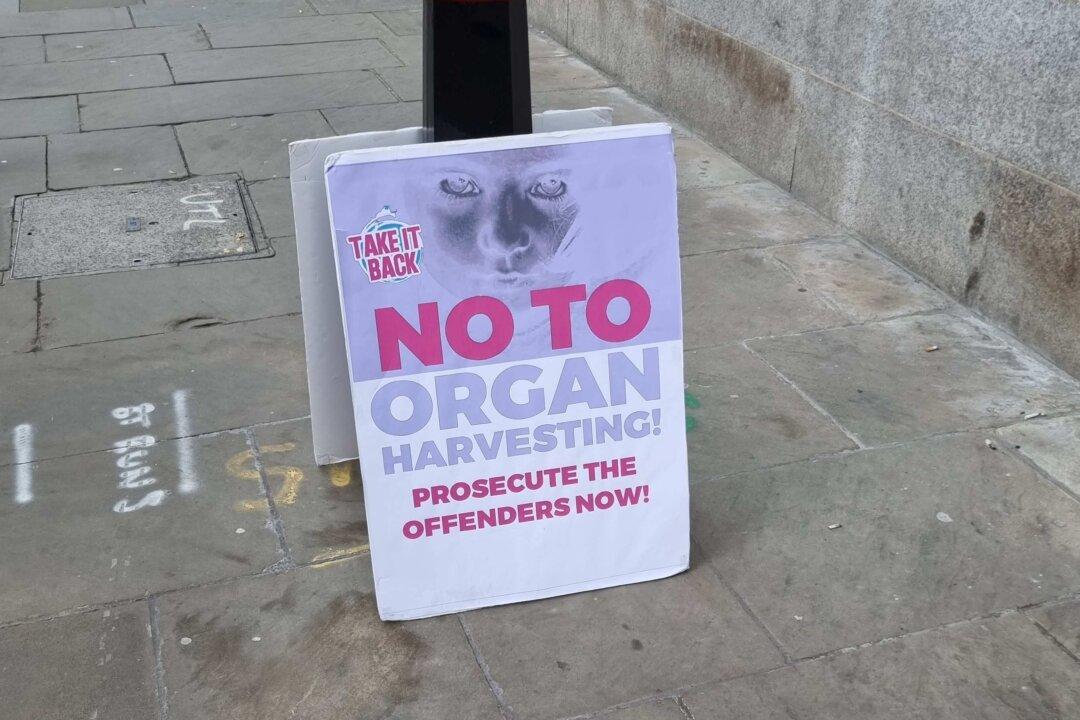The detective in charge of the Metropolitan Police’s modern slavery team has hailed the organ harvesting conviction of Nigerian Sen. Ike Ekweremadu, his wife Beatrice, and middleman Obinna Obeta as a “landmark” and said they were investigating several other cases in Britain.
On March 23, Ike Ekweremadu, 60, his wife Beatrice, 56, and Obeta, 50, were found guilty of conspiring to arrange or facilitate the travel of a young man from the Nigerian city of Lagos to London to exploit him for his kidney.





